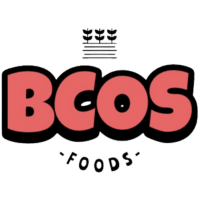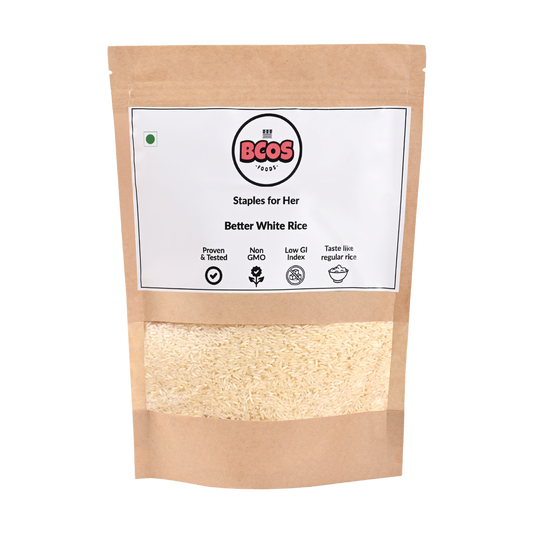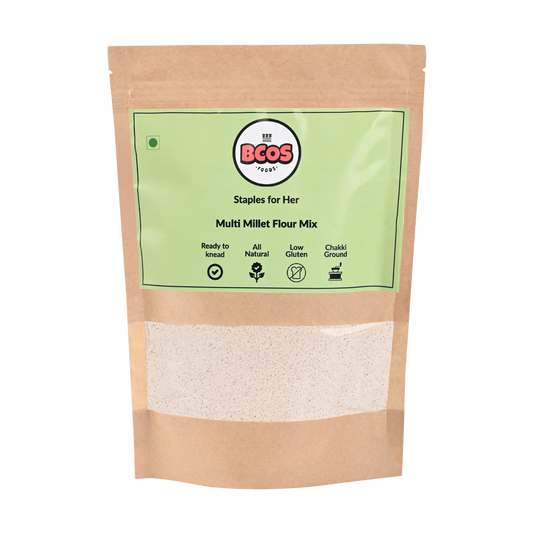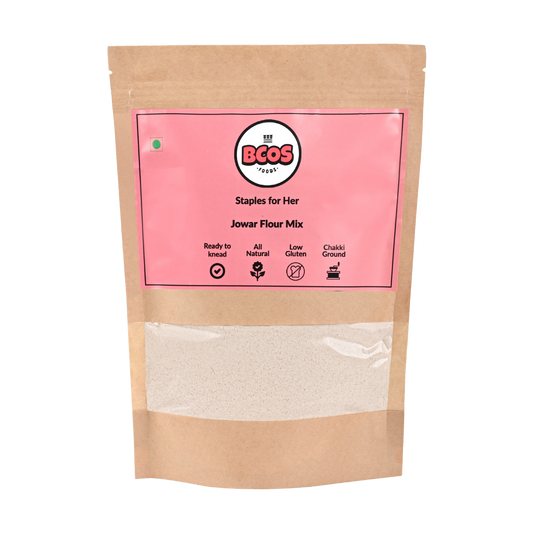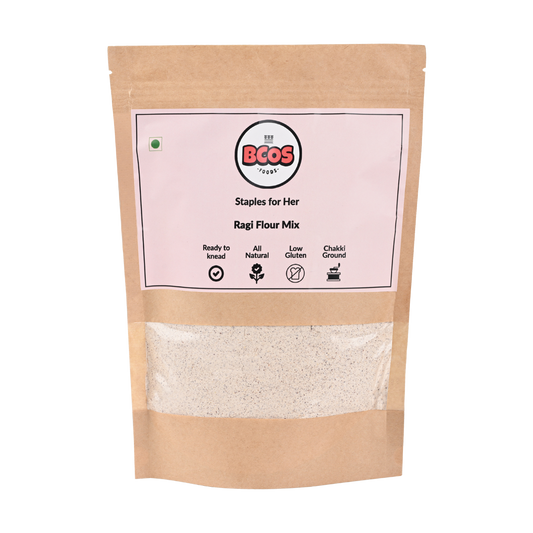You wake up in the morning, jump out of bed, and turn on the hot shower. As you wait for the shower to heat up, you look in the mirror and notice a single strand of hair on your chin and panic.
You think to yourself, “what is this, and why do I have it?”
You take out the tweezers, pluck that hair as fast as you can and get yourself ready for the day. After a day or two goes by, you take a look in the mirror of the car and notice a few more now on your neck and upper lip.
You schedule an appointment with your doctor to get proper testing done, and they discover you have Polycystic Ovarian Syndrome, otherwise known as PCOS. What does this mean? What is PCOS? Who does PCOS affect? Why am I growing dark hair on my face?
Let’s discuss exactly what causes PCOS hair growth, and how you can treat it, if you decide to do so.
Effects of Androgens on Hair Growth 😔
Hirsutism is the excessive growth of facial or body hair on women. Hirsutism and unwanted PCOS facial hair are very common with polycystic ovary syndrome. Studies suggest that 90% of such cases are related to PCOS. Despite its commonality, excess hair can a be distressing to live with.
Hirsutism can be seen as coarse, dark hair that may appear on the face, chest, abdomen, back, upper arms, or upper legs. Hirsutism is a symptom of medical disorders associated with the hormones called androgens.
Hirsutism is very common and often improves with medical management. Prompt medical attention is important because delaying treatment makes the treatment more difficult and may have long-term health consequences.
Effects of Androgens on Hair Growth
An overabundance of facial and body hair is usually the result of excess androgens in your body. Androgens are present in both men and women, but men have much higher levels of biologically active androgens. In women, androgens are produced by the ovaries and the adrenal glands.
If your hair follicles are hormone-sensitive, androgens may cause some vellus hairs to change to terminal hairs. Terminal hair is longer, darker, and more coarse than vellus hair, and grows faster and thicker.
Androgen-sensitive areas of hair growth include:
- Upper lip
- Beard area
- Breasts
- Lower abdomen
- Inner thighs
- Lower back
To treat or not to treat
Dealing with excess facial and body hair is a battle for many women with PCOS. If you prefer to tame your unwanted hair, there are several options available to you, including the following:
1. Shaving
This is the cheapest option for hair removal. Unlike some other methods, it’s painless too. Shaving is the most temporary method, which means you may need to do it often. This could mean shaving every day to avoid any visible regrowth. You may also experience one or more side effects linked to regular shaving, such as scarring and skin irritation or discolouration. It’s not usually thought to be the best method for removing facial hair in women.
2. Depilatories
These are creams that remove hair by using chemicals to dissolve the hair shafts. This means you’re not left with any stubble. But if you have sensitive skin the chemicals may irritate it. Always test a patch of skin before use.
3. Waxing
While more painful than shaving, waxing plucks the hair from the hair follicle, which means it takes longer for the hair to grow back compared with shaving. But like shaving, regular waxing can also take its toll on your skin, and cause similar side effects. Threading does a similar job as waxing.
4. Laser Removal
Effective as a method of permanent hair reduction, lasers are most suitable for people with fair skin and dark hairs. This time the follicle is destroyed by heat generated by a laser. However, laser treatment is expensive, and you may need many treatments to get a significant reduction in your excess hair.
Key Takeaways
Hirsutism is an unintended but very common symptom of PCOS. There are several safe ways to go about hair removal, but they are not usually permanent or very effective. Several medical treatments are also available, most of which treat the root cause of hirsutism – in other words, the hormone imbalance.
However, since PCOS is a lifestyle induced syndrome, it goes without saying that symptom treatment will only go so far. For the best results, one has to change their lifestyle, starting first with nutrition.
You can promote hormonal balance and control facial hair growth naturally by eating wholesome foods that are low in glycemic index and gluten, & rich in protein, healthy fats, and fibre.
BCOS Foods’ ready-to-knead flour mixes are rich in protein, calcium, and fibre, and promote hormonal health. Checkout our tasty millet flour staples to take control of your hirsutism today!
